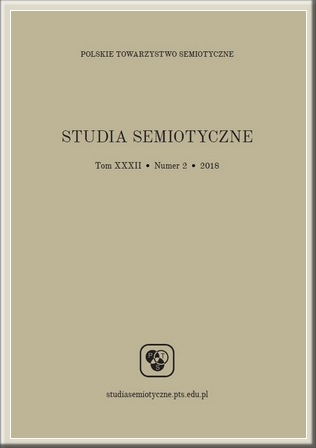Liczby nieobliczalne a granice kodowania w informatyce
Uncomputable Numbers and the Limits of Coding in Computer Science
Author(s): Paweł StacewiczSubject(s): Social Sciences, Language and Literature Studies, History of Philosophy, Philosophical Traditions, Special Branches of Philosophy
Published by: Polskie Towarzystwo Semiotyczne
Keywords: numerical coding; computable numbers; uncomputable numbers; Turing machine; digital computations; analogue computations;infinity;
Summary/Abstract: The description of data and computer programs with the use of numbers is epistemologically valuable, because it allows the definition of the limits of different types of computations. This applies in particular to discrete (digital) computations, which can be described by means of computable numbers in the Turing sense. The mathematical fact that there are other types of real numbers, i.e. uncomputable numbers, determines the minimal limitations of digital techniques; on the other hand, however, it points to the possibility of theoretical development and physical implementation of computationally stronger techniques, such as analogue-continuous computations. Analyses presented in this article lead to the conclusion that physical implementations of unconventional (non-digital) computations require the occurrence of actually infinite entities in nature. Although some arguments of theoretical physics support the physical existence of such entities, they are not definitive.
Journal: Studia Semiotyczne
- Issue Year: XXXII/2018
- Issue No: 2
- Page Range: 131-152
- Page Count: 22
- Language: Polish

